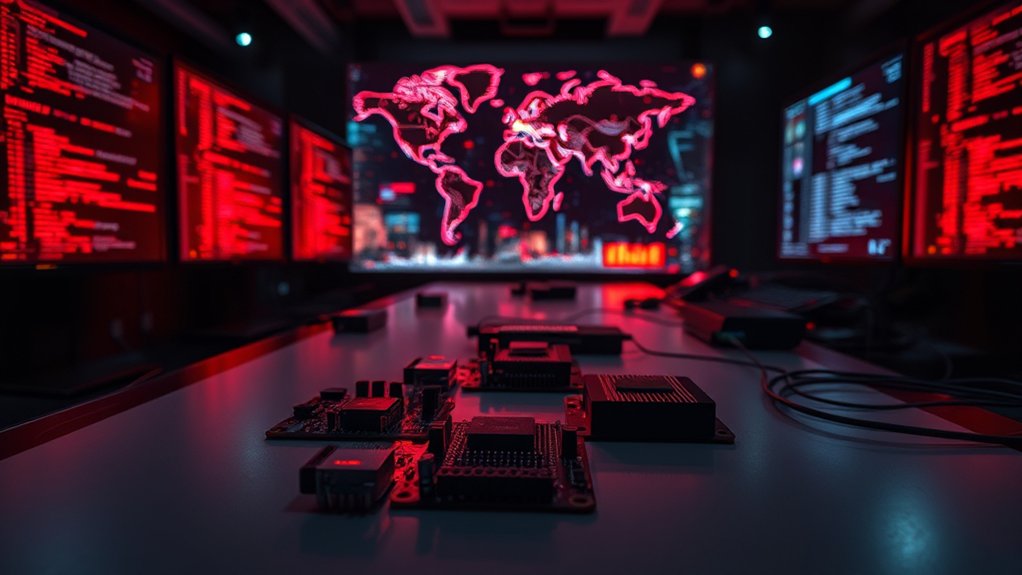As cybersecurity threats escalate, Google Cloud has issued a stark warning regarding the increasing frequency and sophistication of cyberattacks targeting South Korea. The rise in cyber risks is driven remarkably by state-sponsored actors, particularly North Korea, who are engaging in widespread cyber espionage and crime. It is reported that approximately 55% of all cyberattacks in the region are motivated by financial gain. This alarming statistic highlights the monetary incentives driving these malicious actions, as adversaries seek to exploit vulnerabilities for profit.
Furthermore, advanced technologies, including artificial intelligence, are being employed to improve the effectiveness of cyberattacks. The use of AI in phishing and social engineering tactics has made such attacks increasingly more potent and harder to detect. Google Cloud points out that various threat groups are actively engaged in espionage activities against Korean entities, leveraging sophisticated techniques that pose considerable national security risks. Additionally, collaboration between public and private sectors is essential for strengthening defenses and countering these threats effectively. Experts emphasize that attackers will utilize AI for vulnerability research to better target their assaults, making the threat landscape even more complex.
Advanced technologies, particularly AI, enhance cyberattacks, making them more potent and challenging to detect, posing significant national security risks.
Geopolitical tensions contribute to the escalation of these cyber threats, as actors from nations like Russia, China, and Iran remain active in the cyber domain. The interconnected nature of global cybersecurity means that these aggressors are not only targeting South Korea but posing threats to international stability as a whole. Advanced spyware like zero-click exploits enables attackers to infiltrate devices without any user interaction. Experts predict that ransomware will significantly evolve by 2025, further complicating the cybersecurity environment.
In response, Google Cloud has recommended several proactive approaches to mitigate these risks. They advocate improving cybersecurity measures, particularly through the implementation of AI-driven security solutions that can enhance threat detection. They furthermore stress the importance of international collaboration, asserting that challenges posed by cyber threats require collective action.
Encouraging technological innovation within cybersecurity is regarded crucial, alongside raising awareness among public and private sectors about the constantly changing realm of cyber threats.
As South Korea navigates these escalating challenges, immediate action is crucial to fortify defenses against persistent state-sponsored cyberattacks.









